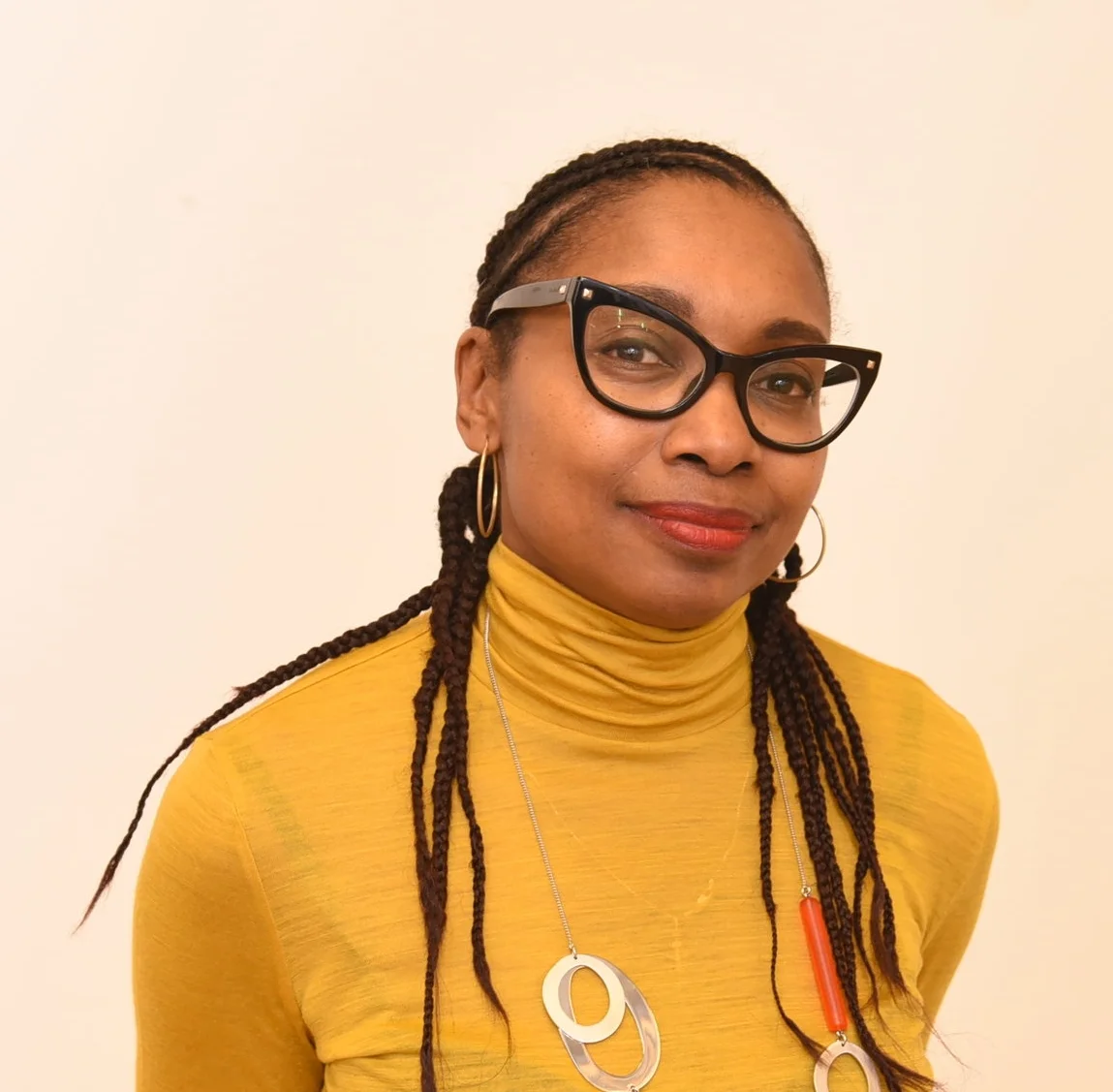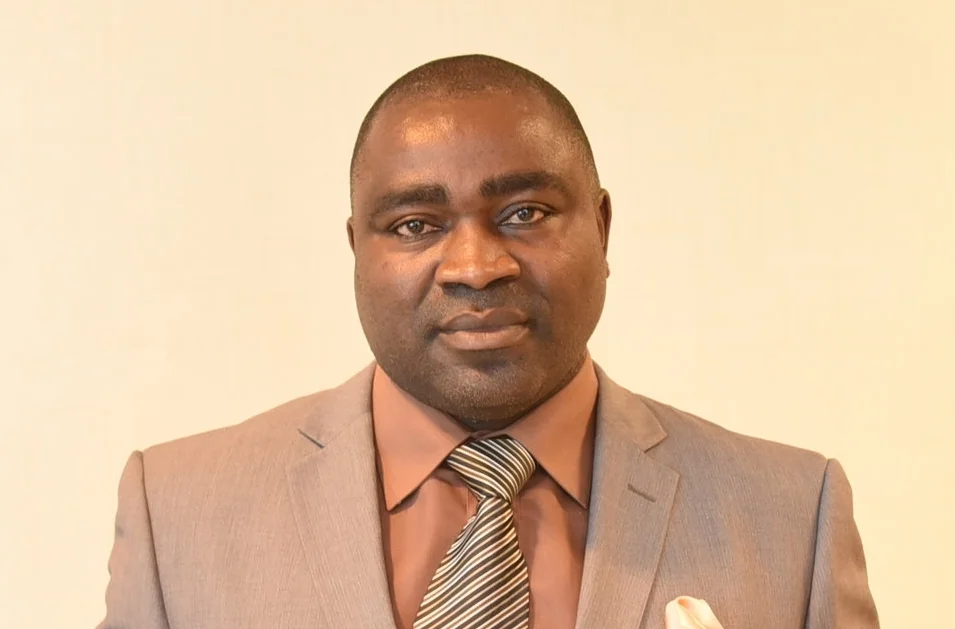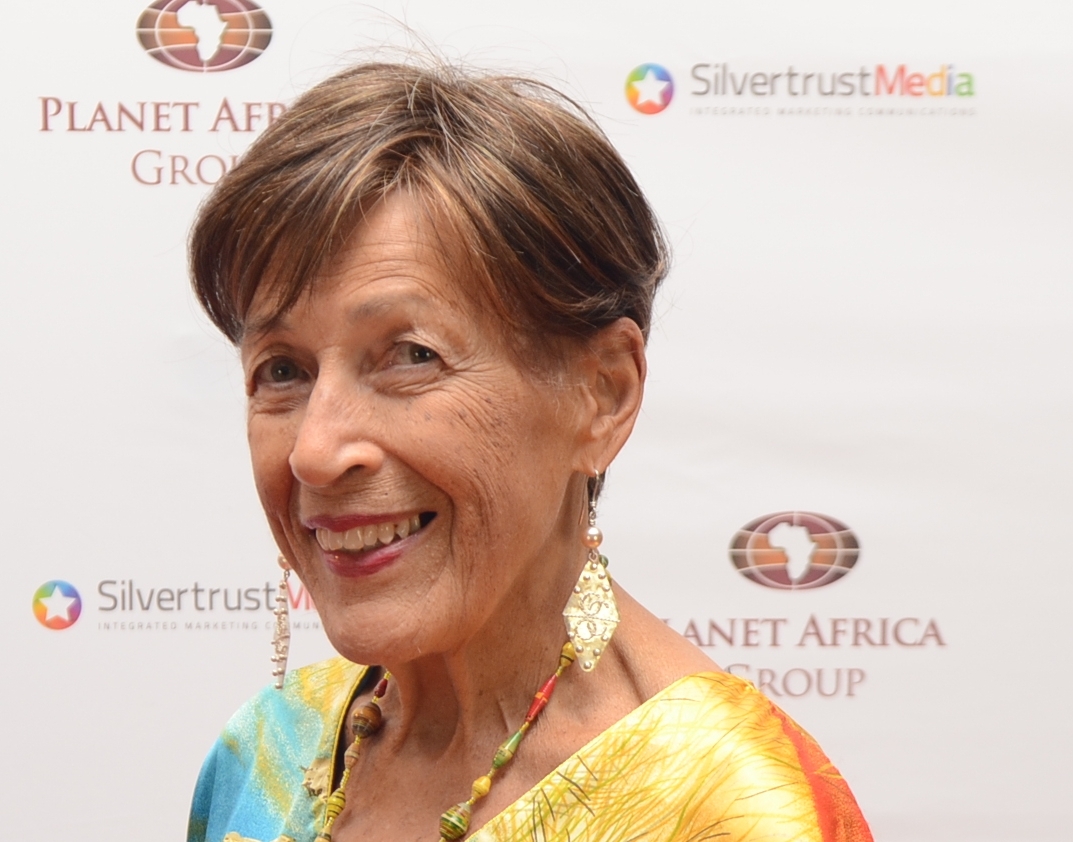Order of Canada reminds Sylvia Sweeney of work left to be done
January 18, 2018
The late Daisy Sweeney wasn’t a big believer in awards.
When Laurentian University bestowed an honourary doctorate on her 21 years ago for her significant contributions to music, she accepted it as recognition for the work she had left to do instead of what she had already accomplished.
Her daughter, Sylvia Sweeney who was recently appointed to the Order of Canada, holds the same belief.
“That’s how I am feeling right now,” she said. “It’s quite an honour, but I still have so much more ahead of me to live up to.”
Most of Sweeney’s time in the last two decades has been dedicated to the ArtsGames project.
The inaugural global competition takes place from October 22 to November 3 in Sweeney’s hometown, Montreal.
“It’s been almost 25 years of working on an initiative that has yielded a lot of rewards for the people who have worked on it,” said Sweeney who is the ArtsGames founder & president. “The focus of the Games is to demonstrate excellence in all cultures. There are a lot of young kids growing up seeing negative imagery and our job is to tell them that there is the other side of the equation that they may not be privy to. We are doing that through artists because people gravitate towards the arts and entertainment. But the main message behind all of that is that we need to recognize those in every culture who are a lot like most of us who are working and striving to be the best of themselves, yet they don’t have a platform to say they exist.”
Sweeney’s maternal uncle, the late Oscar Peterson who Duke Ellington once referred to as the Maharajah of the keyboard, planted the idea for the Games. He was made an Officer of the Order of Canada in 1972 and promoted to Companion of the Order 12 years later.
Raised in Montreal’s Little Burgundy, the renowned pianist and composer died of kidney failure at his Mississauga home in December 2007.
“Oscar asked me if I could figure out a way to produce a show that would bring cultures together,” Sweeney, Canada’s flag bearer at the 1979 Pan American Games in San Juan, Puerto Rico, recalled.
The ArtsGames is a not a new concept.
Between 1912 and 1948, medals were awarded to artists in five categories of individual competition – architecture, painting, sculpture, literature and music.
After the 1948 London Games, the Olympic art competitions were modified into a parallel art festival and exhibition -- the Cultural Olympiad -- held at the site of each Summer and Winter Games.
As an Olympian, artist, band manager and event producer, Sweeney was the ideal candidate to lead the rebirth of the Olympic-style ArtsGames.
The outstanding basketball player represented McGill, Concordia and Laurentian universities, Quebec in 1972 and Canada at the 1976 and 1984 Olympics and the 1979 world championships in Seoul where she was the Most Valuable Player. She was inducted into Canada’s Basketball Hall of Fame in 1994 and every year since then, a female university player is recognized with the Sylvia Sweeney Award for outstanding achievement on the basketball court, classroom and in the community.
Sweeney played piano and cello at the concert level and managed a funk and rhythm & blues band – Tchukon – that won the CBC Television Rock Wars music competition in 1985 and the Best Vocal Group award in the 1986 edition of Star Search, an American television show hosted by the late Ed McMahon.
As a live event producer, she also co-ordinated a basketball contest in Melbourne, Australia featuring that country’s Olympians and an All-Star American side.
To demonstrate a proof of concept for the ArtsGames idea, Sweeney staged the Blueprints Arts & Entertainment Festival in Toronto in 1999. The second event a year later was held in collaboration with Harbourfront Centre. Demonstrating excellence in its programming of cross-cultural art form, she made a presentation to the International Olympic Committee in 2001 and Canada’s Paralympic Committee two years later.
Further demonstrations were delivered at the 2004 Paralympic Games in Athens and between the Beijing and Paralympic Games in 2008 where artists from around the world toured under the Samsung Marriage of Excellence banner as a demonstration of excellence and cross cultural exchange.
Nearly 1,280 performers will audition from October 22-25 for the ArtsGames in Montreal. The top 12 in each of the 33 disciplines covering five art forms -- music, media arts, dance, literature and visual arts – will participate in the ArtsGames.
Artists who have risen to the top in global competitions through the Arts Games-sanctioned federations along with its online competition and Scouts-at-Large will be selected for the auditions.
For music, the categories are drums, piano, piano jazz, oud, sitar, pipa, throat singing, Latin guitar, covers and A cappella. The dance categories are ballet, flamenco, classical Chinese dance, Bharatanatyam, African dance, raqs sharqi, Native People’s Dance, tap, hip hop, salsa, dancesport and wheelchair.
The visual arts disciplines are painting, photography, street arts while short films, documentary, animation and gaming comprise the media arts category. For literature, the categories are short stories, poetry and spoken word.
Gold, silver and bronze medals will be awarded to the winners who will perform at the 2020 Tokyo Olympics.
Operating through the International ArtsGames Committee and its subsidiary ArtsGames 1 Ltd., the competition will be held every two years. China will host the 2020 event.
“There will be a bid process and preference will be given to the city with the best preponderance for demonstrating what we need in terms of a place that’s constantly committed to celebrating its culture through festivals, concerts, museums, art galleries, street art, fairs and the celebration of the powerful impact which arts and entertainment have in our daily lives,” said Sweeney who is an International Olympic Committee Culture and Olympic Heritage Commission member. “What is also great about this is that there aren’t the infrastructure costs that you have in the Olympic Games. The events can be held anywhere. So, the ArtsGames could be staged in the Caribbean, Africa and the Middle East because the venues are there.”
Before becoming consumed with the ArtsGames, Sweeney was a media practitioner.
She co-hosted CTV’s ‘W5’and the Women’s Television Network flagship program, ‘POV Women’ and reported on the 1988 Calgary Olympics for CBC’s ‘The National’.
Sweeney also established Elitha Peterson Productions in 1985 that has produced award-winning documentary programming, including the ‘Quest for Excellence’, ‘Landed’ which was a 26-part series profiling the lives and contributions of Canadian immigrant women and her first film -- ‘In the Key of Oscar’ which is a 95-minute documentary about her uncle -- that was released in 1992.
She co-directed the film with William Cunningham that was structured around a VIA Rail ride that took Peterson and some of his children and grandchildren from Toronto back to Montreal in 1991 for the first-ever Peterson family reunion at the Ritz Carlton Hotel.
Of the more than 100 documentaries and live events she has produced in the last three decades, just one has been fully funded by CBC.
“I have always had to come up with creative ways of getting things done and raising money,” said Sweeney who composed and performed the musical theme for CBC Newswatch. “I have always been knocking on doors. CBC said no to ‘In the Key of Oscar’, the ArtsGames and every show that I have ever wanted to produce. There is an assumption out there that somebody gave me money to do all the documentaries and events I have done.”
When asked which one of her productions has given her the most joy and satisfaction, she pointed to the ‘Slipping through the Hoops’ episode of ‘Profiles’ that focused on former Canadian basketball player Elizabeth Silcott and her struggles with mental illness.
“Just to be able to hold up a mirror and say we need to do better was so gratifying,” said Sweeney who produced and directed the 1994 men’s world basketball championships opening ceremonies in Toronto and was Canada’s assistant chef de mission for the 1996 Atlanta Olympics.
Silcott, whose father Joseph Silcott emigrated from Montserrat and was a railroad worker, grew up on Mount Royal in Cote-des-Neiges just a few kilometres from Sweeney and played for the St. Louis Streak in the Women’s Professional Basketball League. The wing player scored a league-record 50 points against the Minnesota Fillies in her first season in 1979-80.
The only female director of the John Bitove Jr. led group that was granted the National Basketball Association’s 28th franchise – the Toronto Raptors -- that began play in the 1995-96 season, Sweeney was also one of six members of the Toronto Raptors Foundation first board of directors that included Metrolinx Corporation board member Joe Halstead.
They met for the first time at the 1983 Pan American Games in Caracas, Venezuela.
“Sylvia was the women’s basketball team captain and it was evident back then that she was a very effective leader,” the former City of Toronto commissioner of economic development, culture & tourism said. “We became friends after that. She later came to work with me when I was with the Ontario Public Service and she was developing a policy for women in sport. Our paths crossed again when we were on the same team that successfully brought the NBA to Toronto. I have had a long history with her and they have all been positive. She is very thoughtful and thinks about things. She knows what’s practical and doable and if it is something that’s wasting her time, she will not be part of it.”
Last August, Sweeney lost her 97-year-old mother who taught Oscar Peterson and Oliver Jones how to play the piano and was a trailblazer. She scrubbed floors to put herself through McGill University and took students she had taught to preparatorial exams at McGill University.
“By doing that, my mom changed the perception of a lot of teachers, professors and administrators at the university as to who belonged there,” said Sweeney who was admitted to McGill’s department of performance to play classical piano as a 16-year-old. “So when I got there, I didn’t even process the fact that there had been a barrier before me. I walked through in my mother’s shadow as the door was wide open. There were four African-Canadians at McGill when I got there and we didn’t feel out of sorts. We never had an issue with being held back and that’s because my mother had the issue for us and carried us on her shoulder.”
Sweeney, a former National Film Board of Canada executive producer, said her mother had high expectations for her and the many children she taught piano on Saturdays.
“We didn’t think twice,” she said. “You sat at the piano for X amount of hours a day. You learnt discipline and then you would go into another field and you had that discipline. So, it transferred from piano to sport to broadcasting to what we are doing now which is trying to change the world one frame at a time.”






